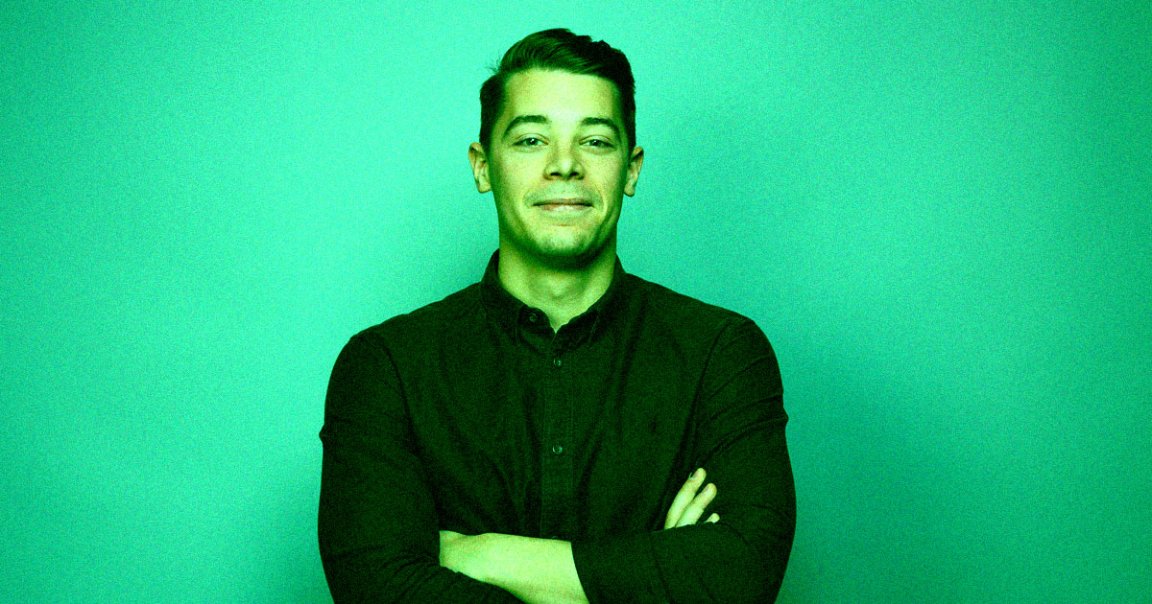
There’s been a tremendous amount of hype surrounding the emergence of AI tools like OpenAI’s ChatGPT.
In less than a year, the tool rose to become the fastest-ever growing app of all time, amassing a user base of around 100 million weekly active users.
That kind of popularity has sent OpenAI’s valuation soaring. Recent estimates suggest the company’s value is hovering around $86 billion.
But is it all just hype — or is OpenAI’s rise to stardom a success story that warrants the many billions of dollars being poured into it by the likes of tech giant Microsoft? Are we collectively waiting for a bubble to pop?
Interestingly, even the company’s own leadership isn’t entirely sure it has a complete answer to those questions.
In an interview with CNBC, OpenAI COO and CEO Sam Altman’s right-hand man Brad Lightcap said that certain aspects of AI are “overhyped,” especially when it comes to the sky-high expectations of the company’s enterprise AI customers.
“And there’s almost never a silver bullet answer there — there’s never one thing you can do with AI that solves that problem in full,” he said. “And I think that’s just a testament to the world being really big and messy, and that these systems are still evolving, they’re still really in their infancy.”
Perhaps unsurprisingly, OpenAI was blindsided by the runaway success of ChatGPT. Lightcap reportedly used the company’s image generator DALL-E as a benchmark to predict how many people would end up using the chatbot.
“I remember us taking bets on how large ChatGPT would ever get,” he told CNBC. “I think I had one of the more aggressive bets, which was a million concurrent users at any given point at the apex of our use.”
“So that was kind of where we were, and we were very wrong,” Lightcap admitted.
But instead of dismissing the hype surrounding the tech, the COO remained optimistic about the future of the company.
“My spicy take on this is I think the most important things that get built on top of this technology are actually things that haven’t been created yet,” he told CNBC, adding we still haven’t created “something that’s really greater than the sum of its parts.”
Of course, whether that future will ever materialize remains to be seen. We’ve already observed a considerable falloff in consumer interest in ChatGPT.
On a broader scale, we’ve also repeatedly seen the tech’s nagging shortcomings, which persist to this day, from flawed use cases in journalism to its inability to answer complex questions that require any degree of reasoning.
But while some cracks are starting to show, there’s still considerable momentum behind the tools being developed by the likes of OpenAI.
And one of the biggest drivers behind the company’s appetite to bring tools like ChatGPT to market is Altman, who was unexpectedly sacked by the company’s non-profit board, only to be reinstated a number of extremely chaotic days later.
“Sam is fun to work with — moves incredibly fast,” Lightcap told CNBC. “I think he and I have that in common, that we like to maintain high velocity on all things.”
But at the end of the day, Lightcap sees himself as the one to bring Altman back down to Earth, which is easier said than done.
“The challenge that we have is that the technology is changing quickly,” he added.
More on OpenAI: OpenAI Refuses to Comment on Secretive Q* AI